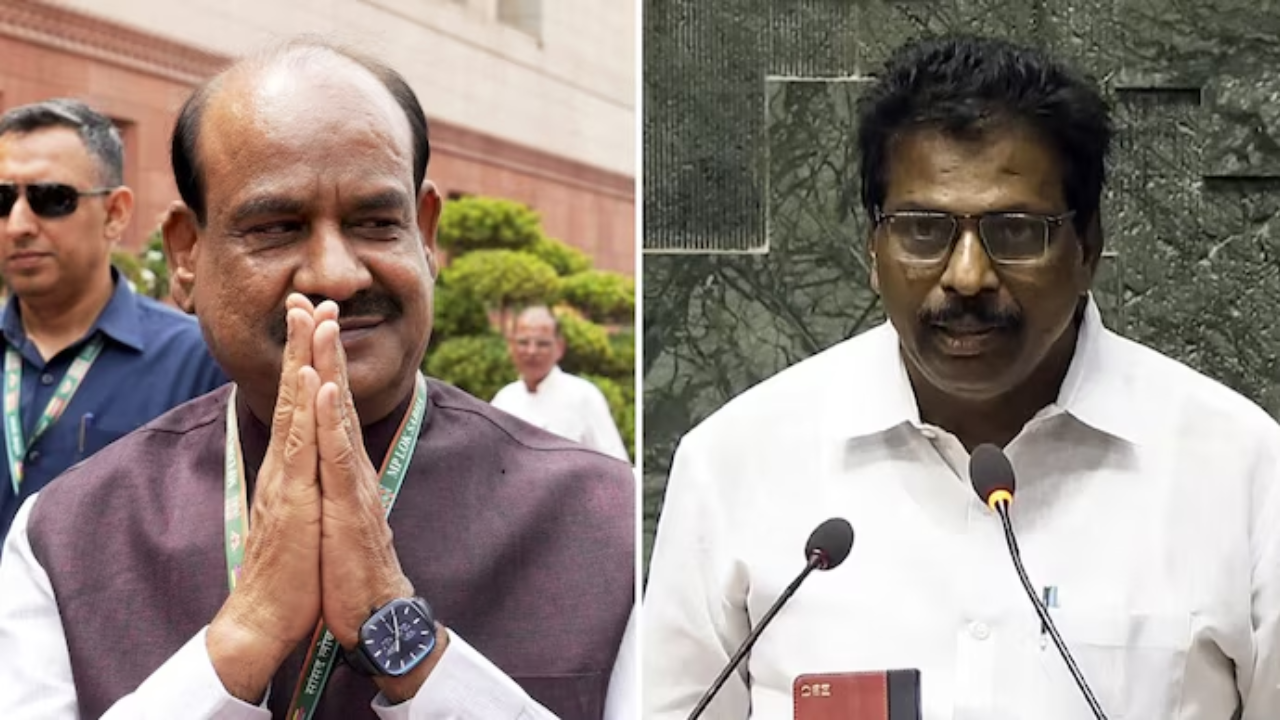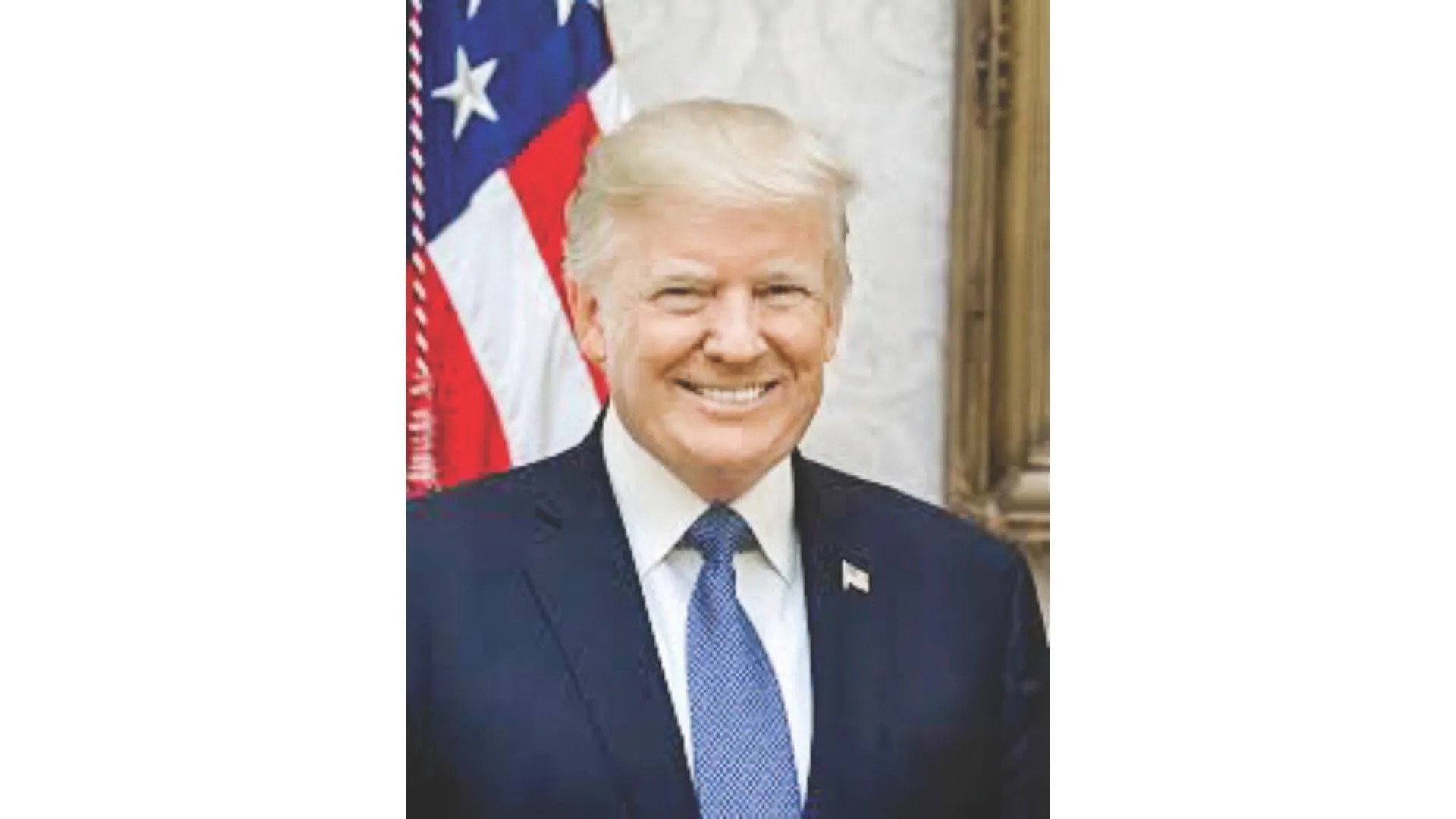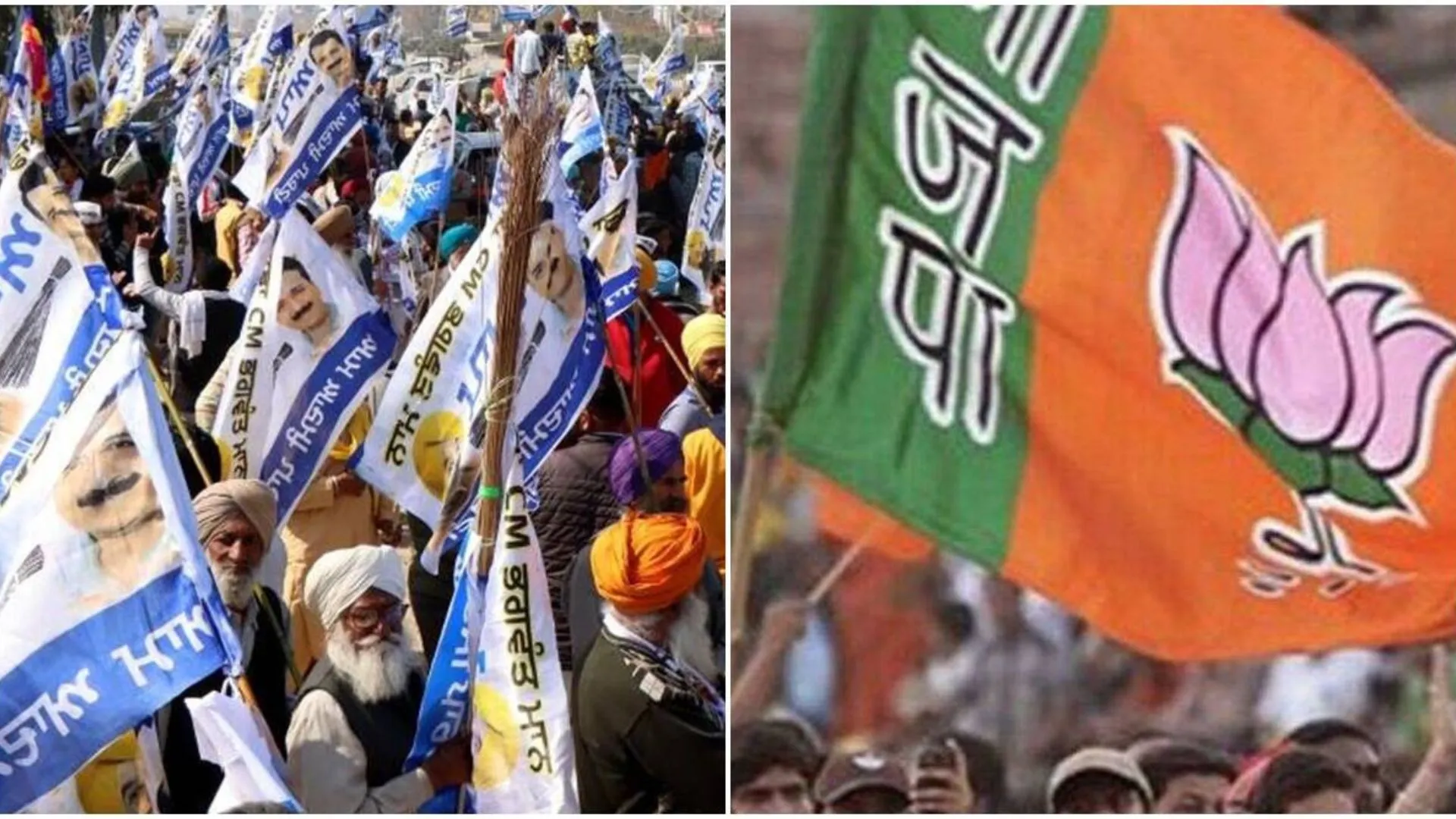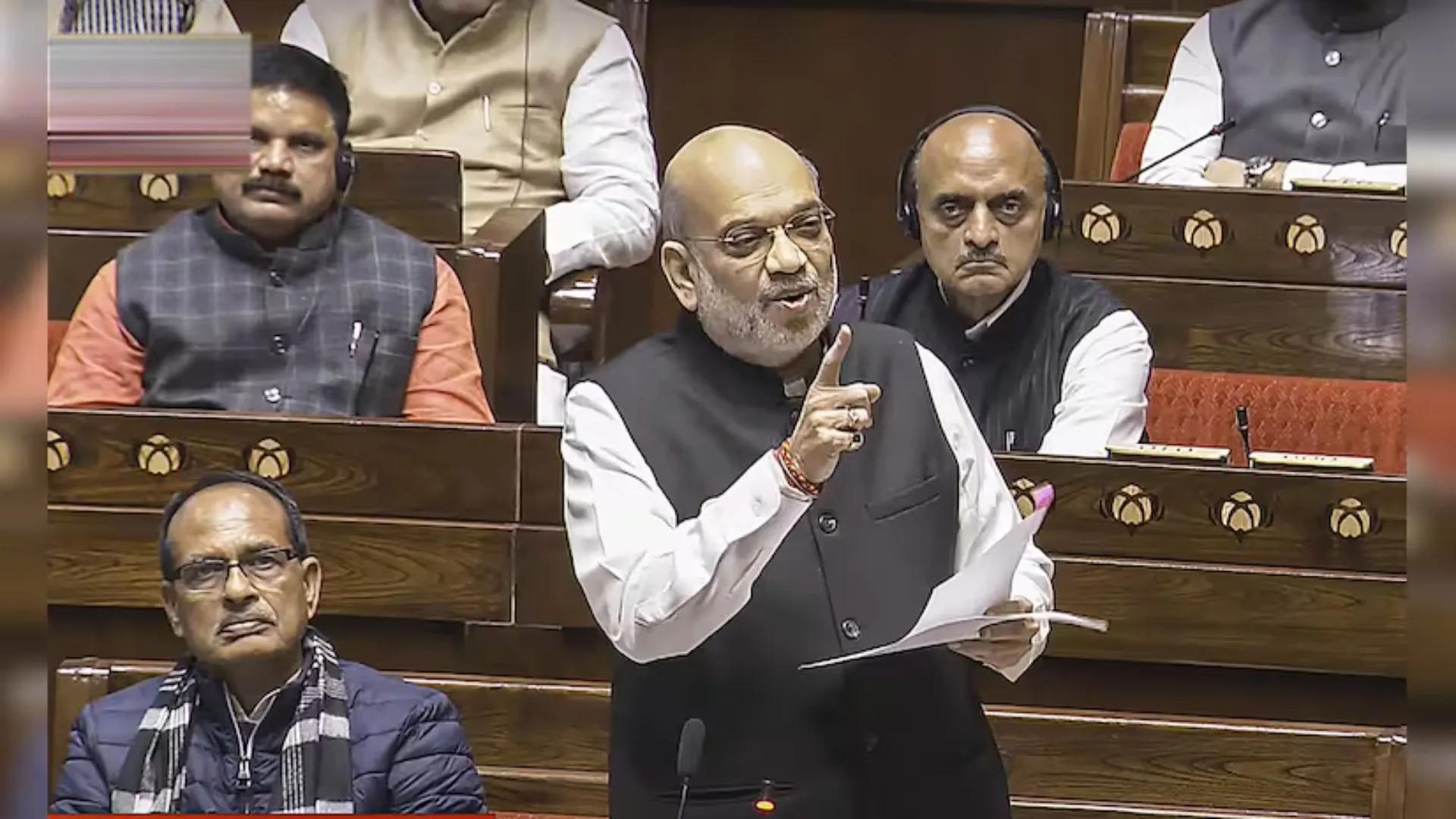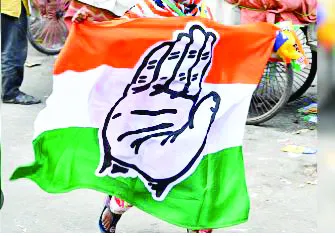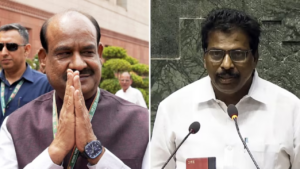Today marks a significant day for the 18th Lok Sabha as the BJP-led National Democratic Alliance (NDA) and the INDI Alliance vie for the Speaker’s post, one of the most important roles in a parliamentary democracy.
The election, which will be held today, pits the NDA’s nominee Om Birla, a former Speaker, against the INDI Alliance’s candidate Kodikunnil Suresh, an eight-term MP from Kerala’s Mavelikara. This election is notable as it is the first contested Speaker election in decades.
How is the Speaker Elected?
The Speaker is chosen from among the members of the lower house of Parliament, as governed by Article 93 of the Constitution. The article states that the House of the People shall elect members to the positions of Speaker and Deputy Speaker as soon as possible and whenever these offices become vacant. The election is conducted through a secret ballot, and the candidate who secures the majority of votes becomes the Speaker.
Historically, most Speakers are elected without opposition. For instance, Sumitra Mahajan and Om Birla were elected as Speakers of the 16th and 17th Lok Sabha without contest.
The Speaker remains in office until the House is dissolved, or they resign or are removed by a resolution passed by a majority of Lok Sabha members.
Why an Election for Speaker Now?
Unlike previous instances where the Speaker was chosen unanimously, this year sees a contest due to the opposition’s increased strength in the House and their insistence on following the convention of appointing a Deputy Speaker from the opposition.
Kodikunnil Suresh has explained that the opposition demands the Deputy Speaker post as their right, a tradition that has not been honored in recent Lok Sabhas. Reports indicate that the opposition has been firm on this issue, urging the government to commit to giving the Deputy Speaker post to the opposition.
Defence Minister Rajnath Singh reached out to Congress leader Mallikarjun Kharge for support for Om Birla, but the Congress remains steadfast in their demand for the Deputy Speaker position.
Statements from Key Figures
Rahul Gandhi had earlier stated that the opposition would support the NDA’s candidate for Speaker if the government adhered to the convention of appointing the Deputy Speaker from the opposition. However, BJP’s Piyush Goyal countered, emphasizing that the Speaker and Deputy Speaker should represent the entire House, not specific parties.
Parliamentary Affairs Minister Kiren Rijiju expressed disappointment at Congress’s nomination of a candidate, breaking from the tradition of unanimous election. He stressed that the Speaker’s role is to ensure the House’s proper functioning, not to serve any party.
#WATCH | Delhi: Congress MP Rahul Gandhi says “Today it is written in the newspaper that PM Modi has said that the Opposition should cooperate with the Govt constructively. Rajnath Singh called Mallikarjun Kharge and he asked him to extend support to the Speaker. The entire… pic.twitter.com/yR5CzlagEx
— ANI (@ANI) June 25, 2024
Conversely, Congress’s KC Venugopal highlighted that during the United Progressive Alliance (UPA) regime, the Deputy Speaker post was given to the NDA for 10 years, underscoring the tradition of offering the Deputy Speaker role to the opposition.
Historical Context
This contested election is reminiscent of the last such election in 1976, when Bali Ram Bhagat was elected as Speaker of the Fifth Lok Sabha. Before that, in 1952, GV Mavalankar became Speaker after defeating Shankar Shantaram More.
Pre-Independence, the Central Legislative Assembly saw six elections for the Speaker post between 1925 and 1946. Notable elections include Vitthalbhai J Patel’s victory in 1925 and Sir Muhammad Yakub’s win in 1930.
As the Lok Sabha gears up for today’s election, the outcome will not only determine the new Speaker but also set the tone for parliamentary proceedings and the balance of power between the ruling party and the opposition.

